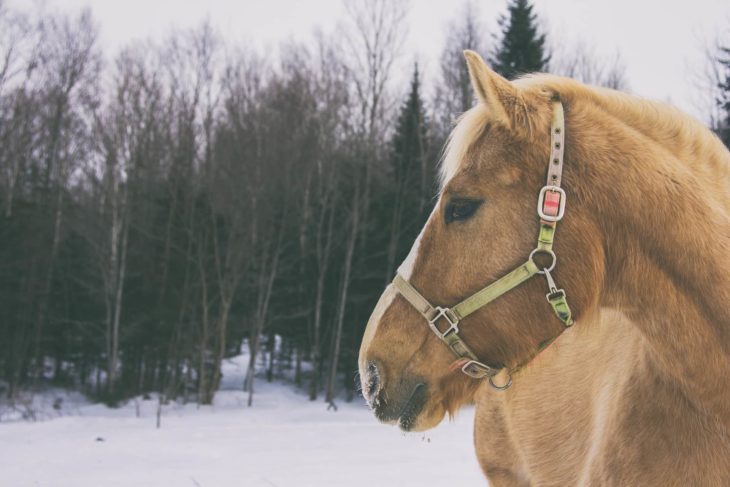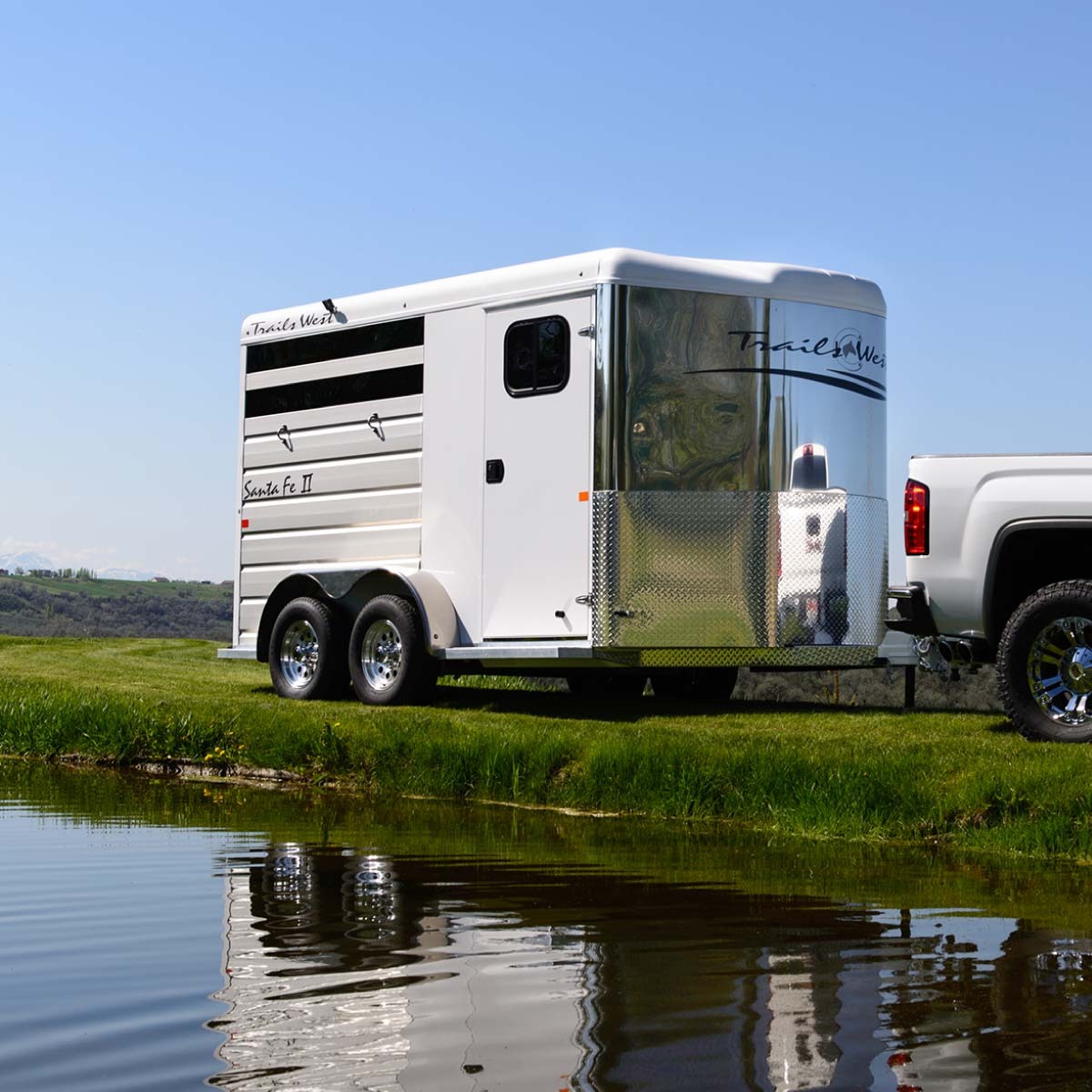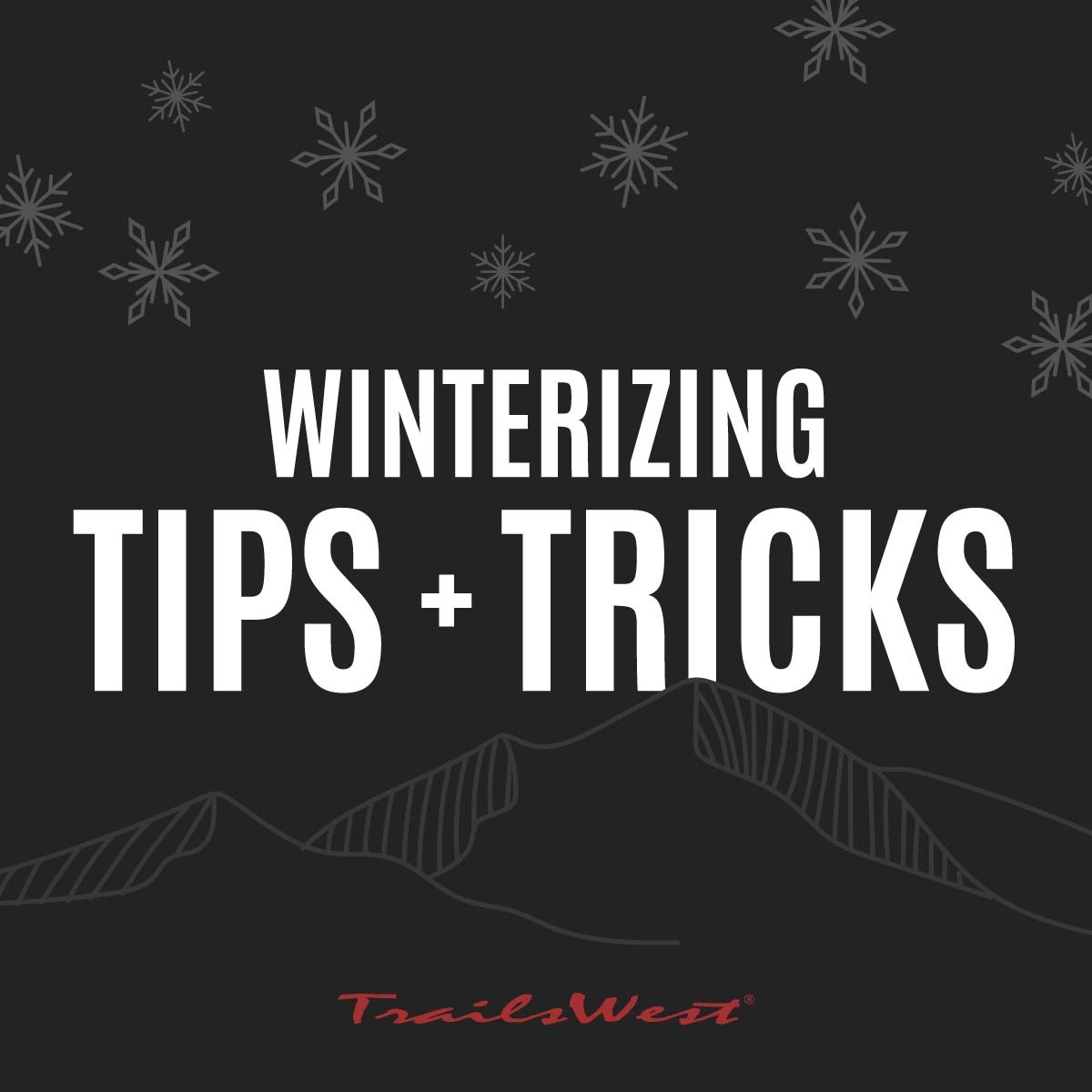Preparing for Winter Horse Care

Now is a great time to start thinking about what you need to keep your horse happy and healthy for the chilly season ahead. By planning now, you can ensure that you’ll have everything ready before the weather outside gets frightful.
Nutrition:
- Water is undeniably the most important part of your horses’ diet. Horses prefer to drink water that is slightly warm in the winter and their water consumption typically increases if water is kept de-iced. Check their buckets frequently as the temperature approaches freezing.
- Proper nutrition is essential during the winter months when horses burn more calories to keep warm. Brown grass has insufficient nutrition, so if your horse is living outside full time you will need to put some good quality hay in a feeding rack for them to help meet their needs.
Shelter:
- Make sure the stable is clean and comfortable. Muck it out regularly, use rubber mats to provide comfort and use straw for warm bedding.
- Good ventilation is essential for stabled horses, otherwise, respiratory problems can occur.
- If you are stabling your horse, they still need to be let out as much as possible so they get enough exercise.
Blanketing:
- In general, horses with an adequate hair coat, in good flesh and with access to shelter probably do not need to be blanketed. But if your horse has been clipped recently then plan to blanket appropriately.
- Check horses wearing blankets twice or more daily. Check the shoulder area for rubs and sores caused by the blanket.
- When removing the blanket for any length of time be sure to fluff up the horse’s hair to allow it to work properly and insulate your horse.
Care:
- Horses that sweat during winter rides need to be dried out completely before they are put away for the day.
- Cold weather takes a toll on your horse’s feet, so proper hoof care is especially crucial in wintertime. You should clean your horse’s feet well, and apply petroleum jelly to prevent snow and ice from forming in their hooves.
- Your horse should be de-wormed before winter sets in so optimal digestion can take place.
Don’t wait until bad weather to get cracking on these horse maintenance tasks.






